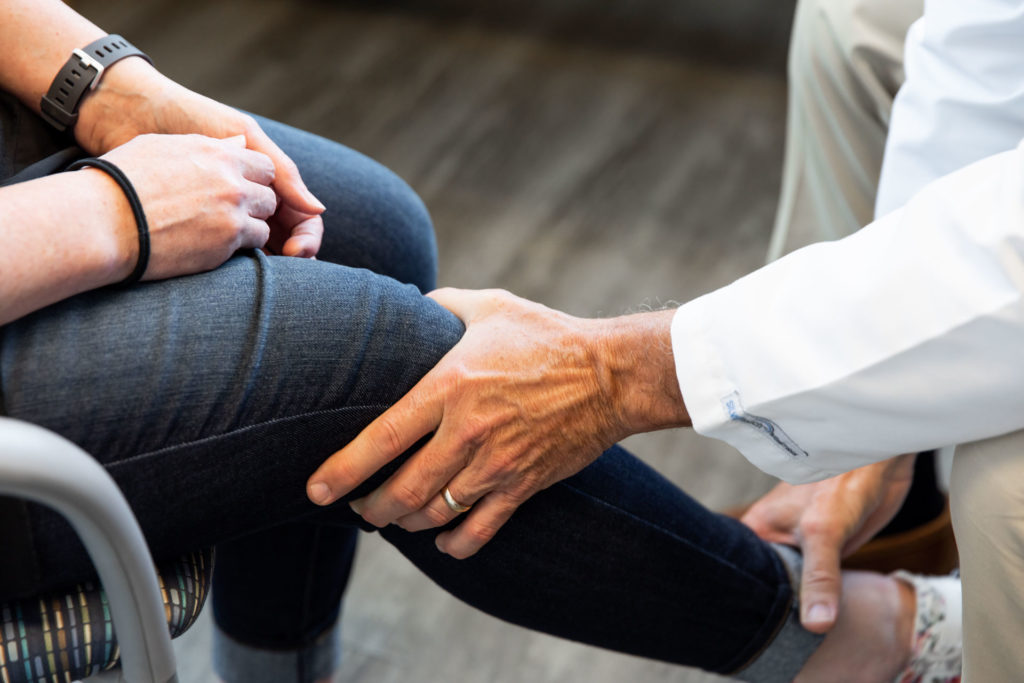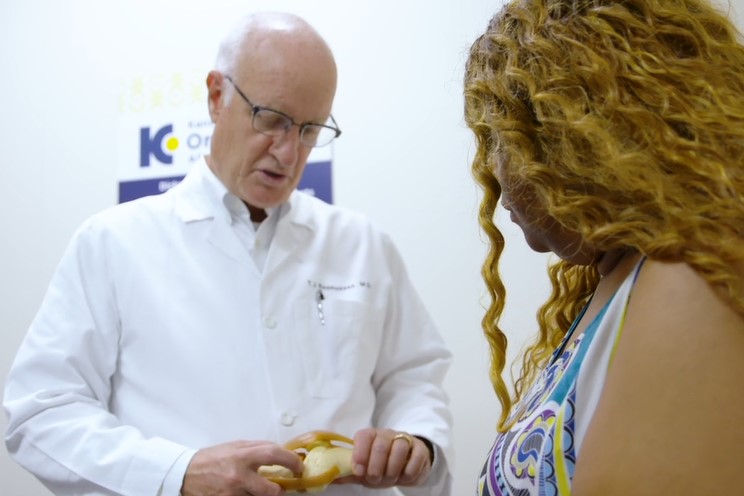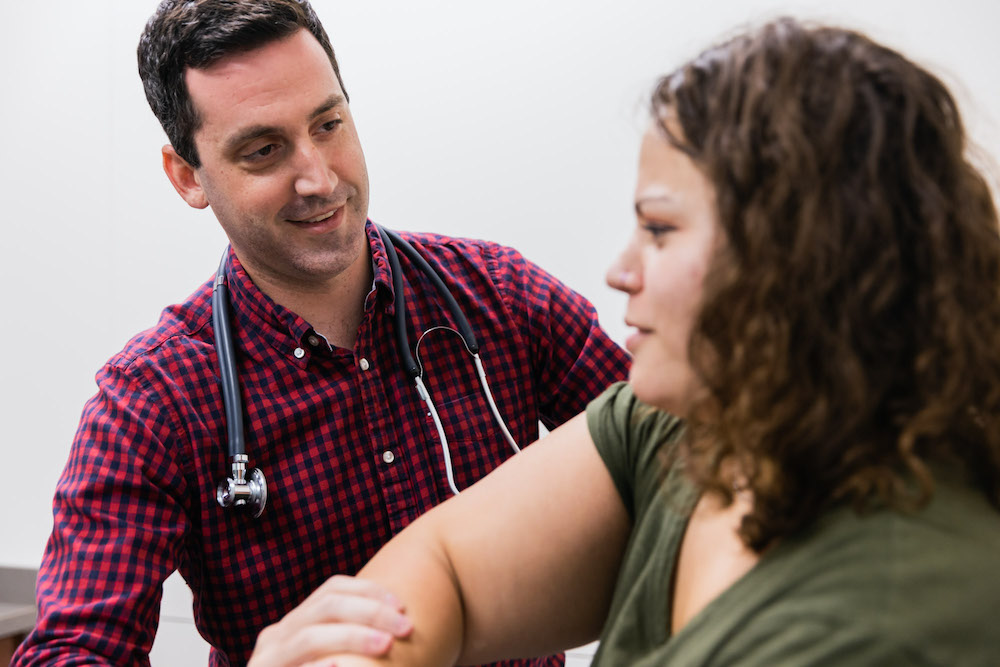
KCOA is a premier provider of the regenerative medicine procedure in Kansas City. We treat hundreds of patients each year guided by the latest technology and research in the field of regenerative medicine.
If you are considering regenerative medicine in Kansas City as an alternative to surgery or other intervention, chances are you have a few questions.
Below, we’ll go over what to expect before and after regenerative medicine in Kansas City.
First, what is a regenerative medicine procedure in kansas city?
Regenerative medicine is the practice of using specific organic materials to treat a patient. These products can include a variety of materials, the most popular of which are stem cells and platelet-rich plasma (PRP).
These materials help generate cell growth in areas of injury or wear. Over time, regenerative medicine procedures can help patients delay or completely avoid the need for surgery.
What should i know before my regenerative medicine procedure?
While each individual and condition is truly unique, our regenerative medicine experts generally expect several commonalities. Having performed over one thousand regenerative procedures— and having taught these treatments to hundreds of physicians—we are able to explain the patient experience in detail. We can also provide the approximate the unique outcome of a procedure for each individual.
1. It is not a surgery

Neither a stem cell nor PRP treatments are a surgical procedure, and most people do not require the use of an outpatient surgical center. We perform most of our regenerative procedures in office and typically require 60 to 90 minutes of your time.
There is no need for fasting of any kind. In fact, we encourage you to have normal meals and plenty of fluids leading up to the procedure. A good rule to keep in mind is to treat regenerative medicine treatments as though you were preparing to donate blood.
2. Discontinue Medications & Supplements

Certain medications and supplements affect the platelets and growth factors in your blood during a regenerative procedure. Because of this, we recommend ceasing all blood thinning medications for one week before and two weeks after your procedure.
If these medications were prescribed by a physician, you will need to check with the prescribing physician before stopping them. NSAIDs (Nonsteroidal Anti-Inflammatory Drugs) should also be stopped for one week prior and two weeks following a procedure, including ibruprofen, naproxen, nabumetone, and aspirin.
In lieu of these medications, acetaminophen and heat are preferred substitutions. Lastly, there are over-the-counter supplements that may have an undesirable effect on regenerative procedures such as fish oil, flaxseed oil, krill oil, and primrose oil.
For a greater understanding of which of your medications and supplements should be discontinued, we encourage you to discuss in person with either Dr. Khadavi or his Physician Assistant (PA), Stephanie Shull (pictured here).
3. Activity Before and After a regenerative medicine procedure in kansas city

Typically, we encourage patients to continue physical therapy or physician-directed home exercises leading up to the day of a stem cell or PRP injection. Immediately following the procedure, patients should take 24 to 48 hours of relative rest, including a break from physical therapy, home exercises, or any other forms of activity that are beyond the typical activities of daily living.
For lower limb procedures, normal walking is fine, but long walks (greater than one mile) and any other high impact activities should be reduced. Depending on your job duties, you may return to work, run errands, and generally go about a normal daily routine unless otherwise directed by Dr. Khadavi.
Depending on the procedure performed and the condition treated, there may be additional restrictions that Dr. Khadavi will review in further detail.
4. Pain management following a regenerative medicine procedure in kansas city

Heat packs and acetaminophen, rather than ice and NSAIDs, are recommended for any post-injection soreness. If we expect more than a mild amount of pain after your regenerative medicine procedure in Kansas City, Dr. Khadavi will prescribe you a stronger medication.
5. When to expect improvement in symptoms

When will I see improvement? How much improvement should I expect?
These are common questions for these procedures. In general, symptomatic improvement begins somewhere between four and eight weeks. However, expected timing varies per patient and the type of condition we treat.
Patients often experience an increase in soreness for a short time after the injection, followed by a reduction in pain back to baseline, and finally, gradual and continued improvement.
There are no pharmaceuticals at work here—just your body’s own tissue repairing itself, which may take as long as two to three months for new tendon or cartilage to grow.
WHAT OTHER QUESTIONS DO YOU HAVE ABOUT REGENERATIVE MEDICINE PROCEDURES IN KANSAS CITY?
Our excellent team of highly skilled physicians can prescribe medication and make suggestions on how to alleviate your pain to get you back to your best and strongest self.
Know that your goal is our goal.
We want to get you back outside in this beautiful weather doing what you love. If you are experiencing pain and are interested in exploring alternative treatments like regenerative medicine procedures, please give our office a call.
We’ll do everything we can to get you back to your tip-top shape, whether that’s one mile or 26.2.


